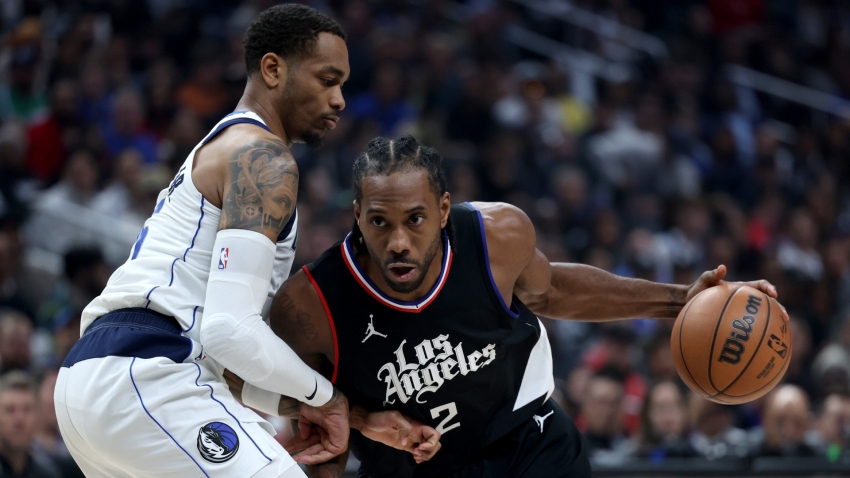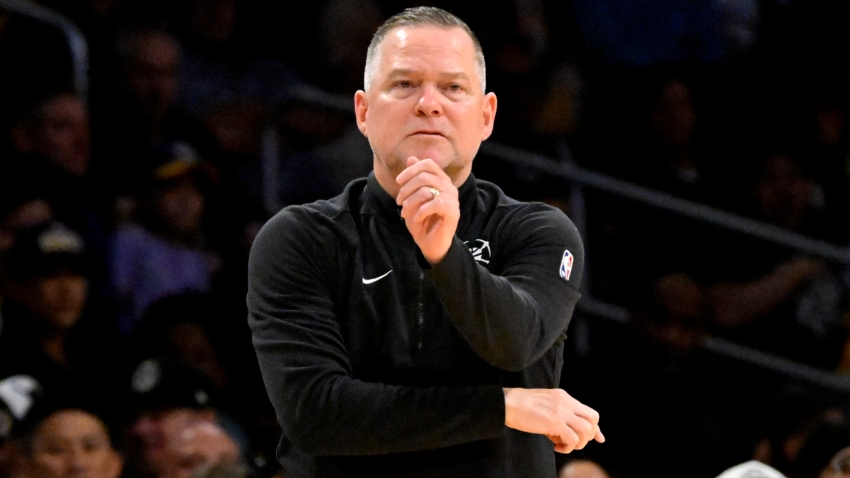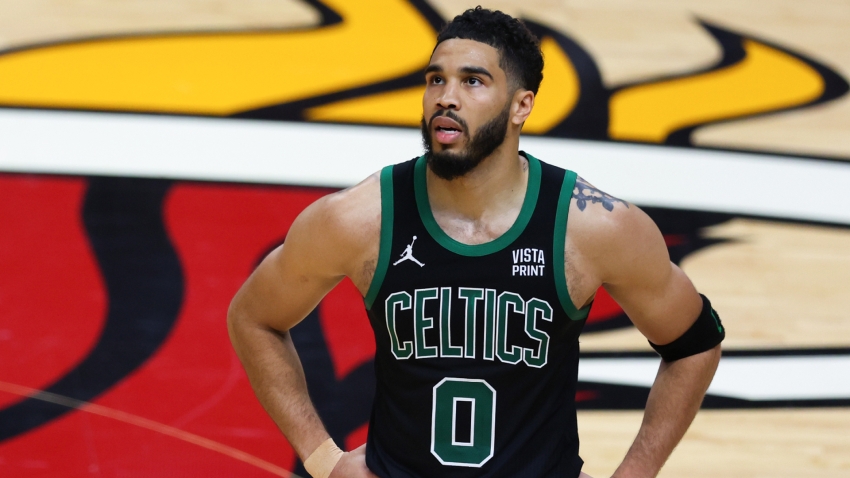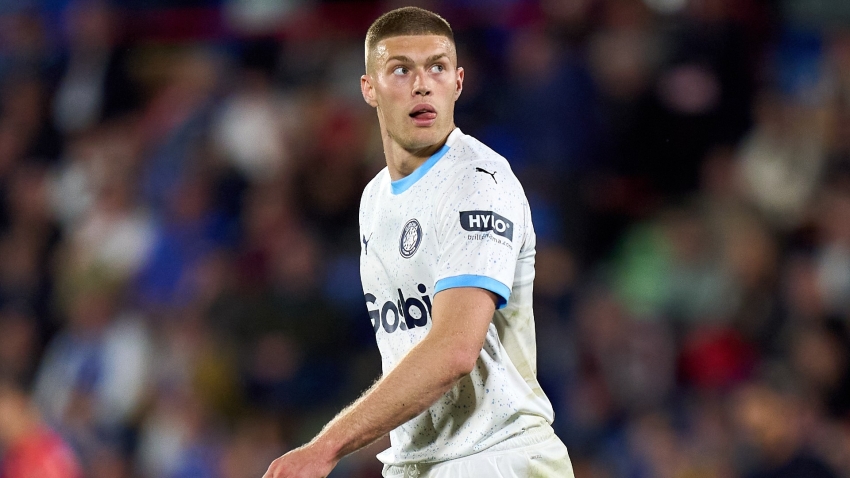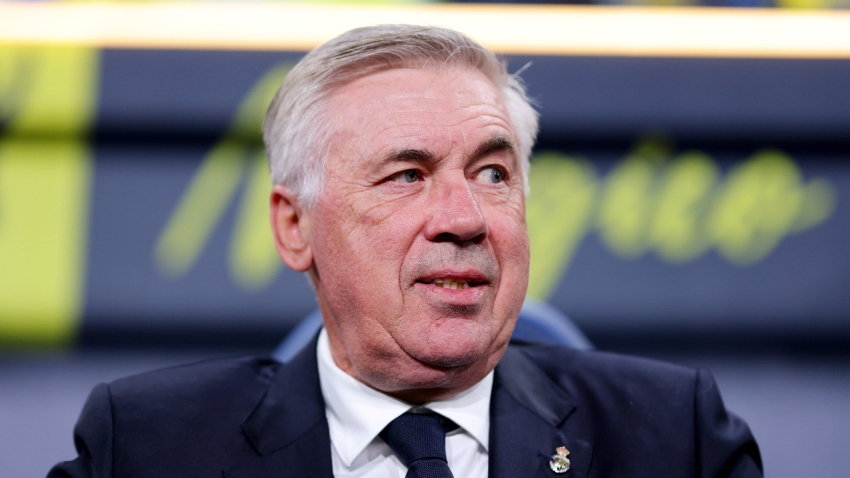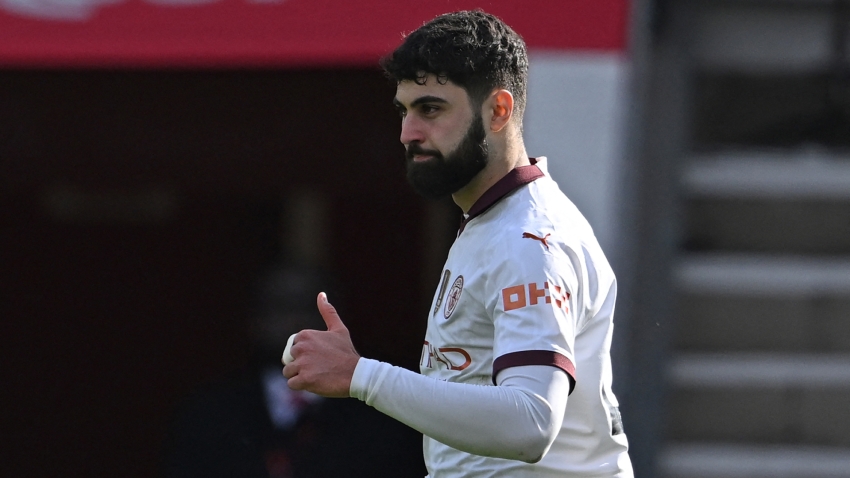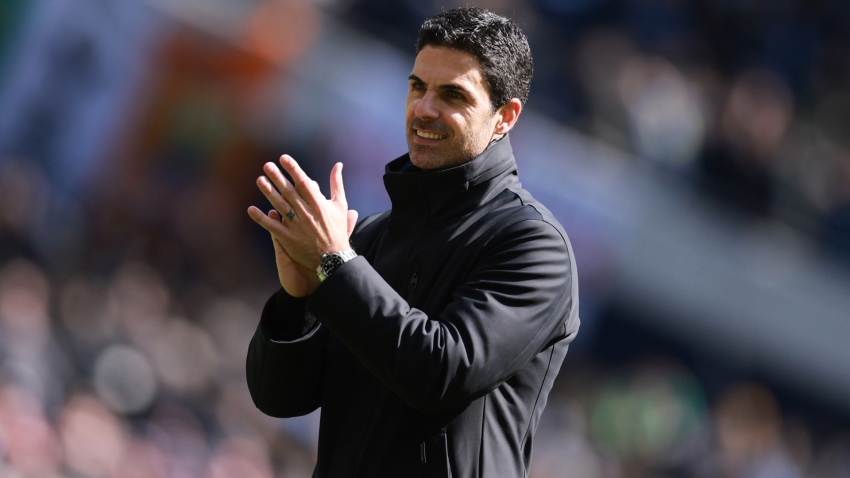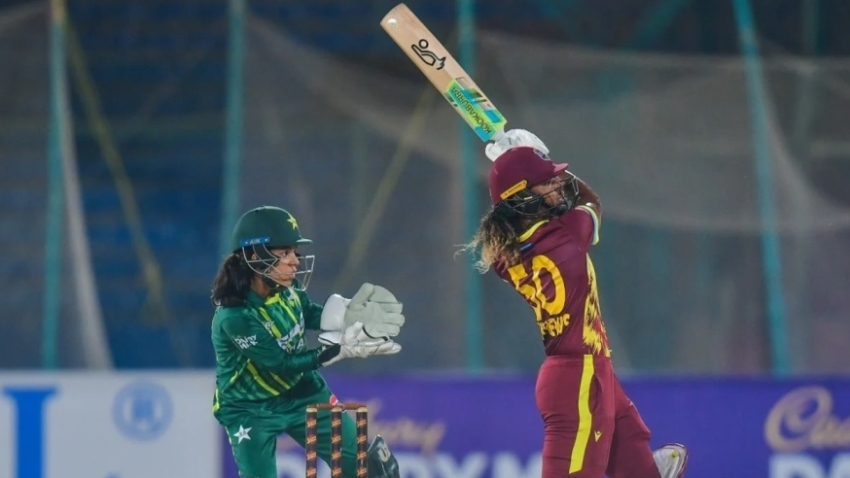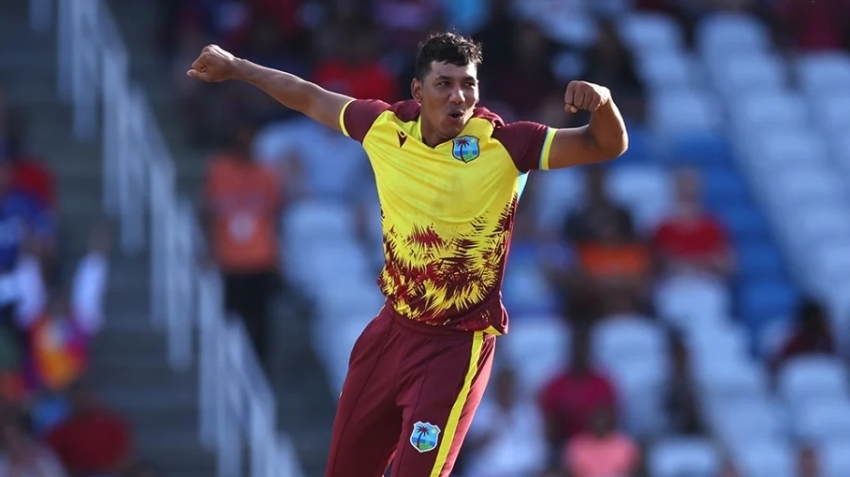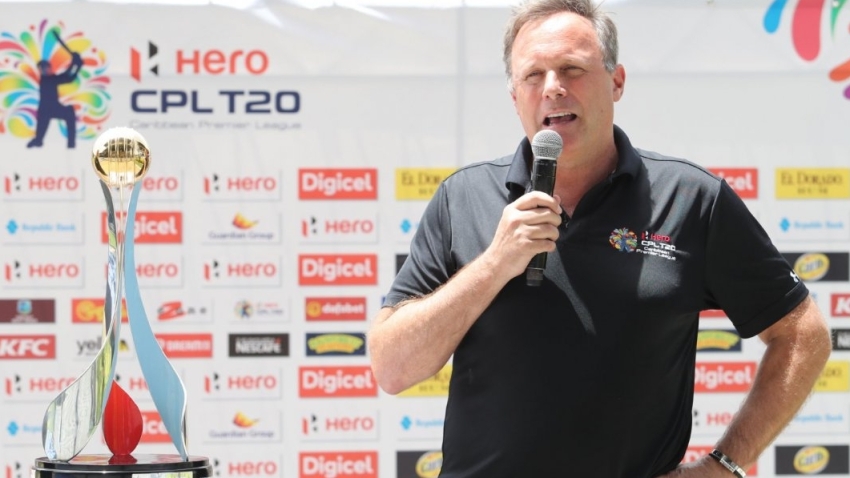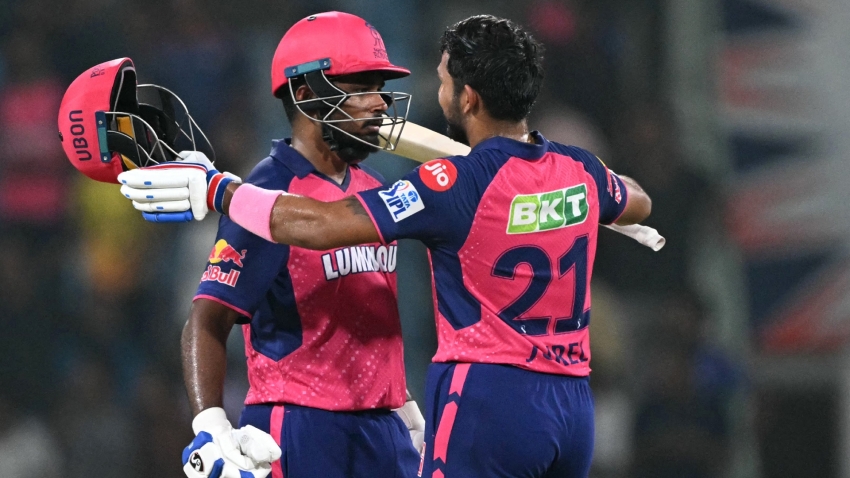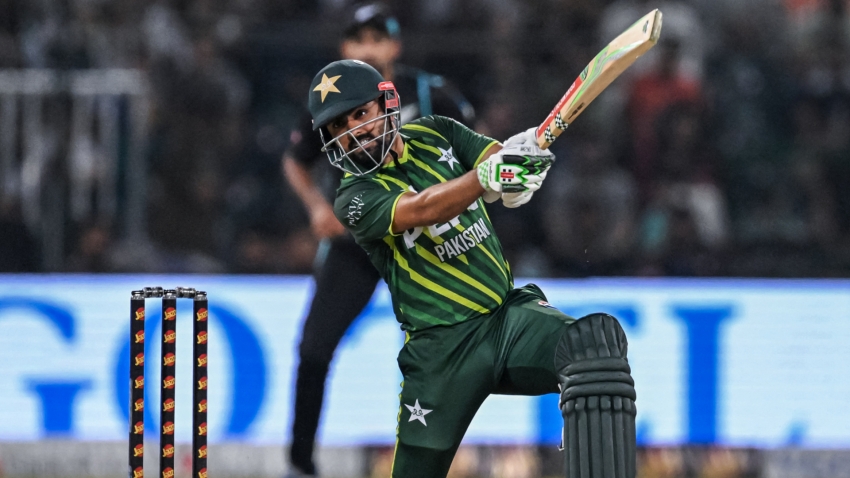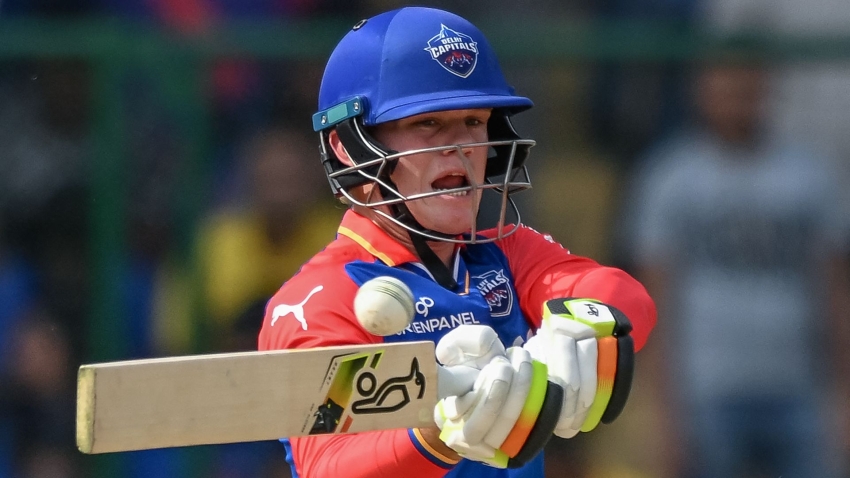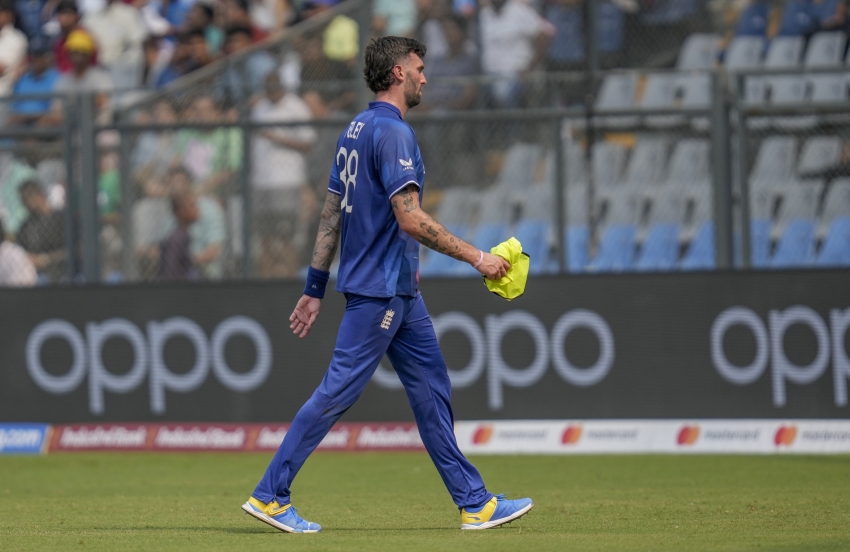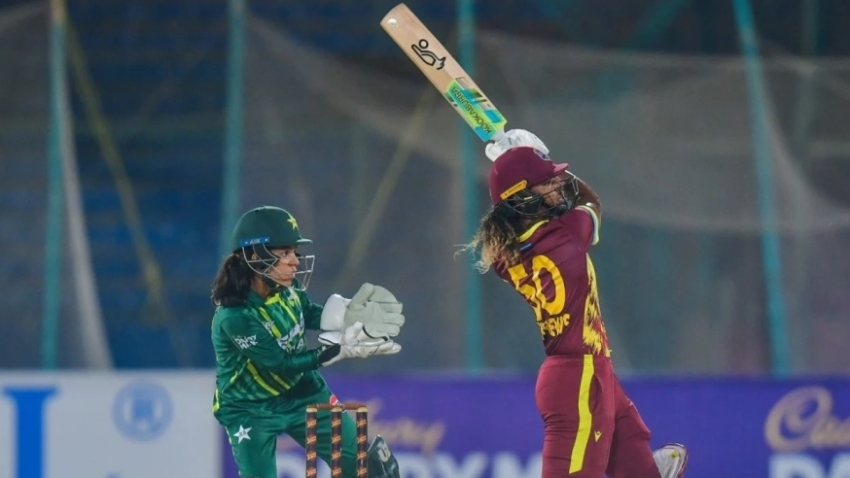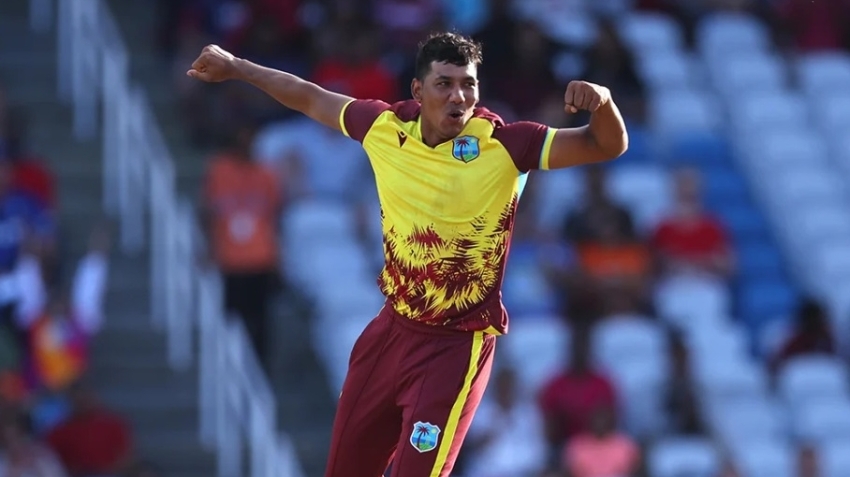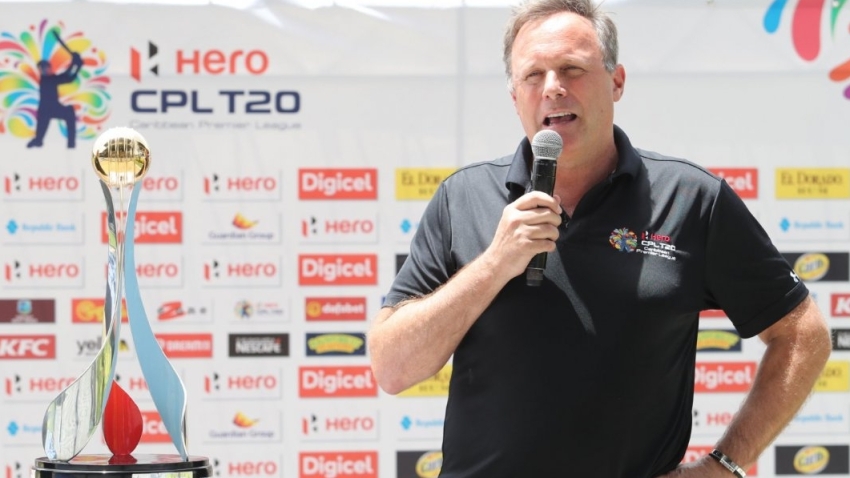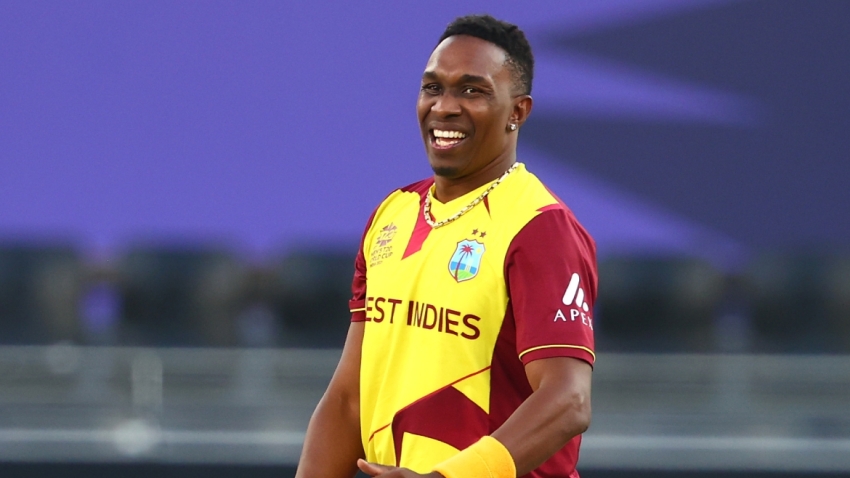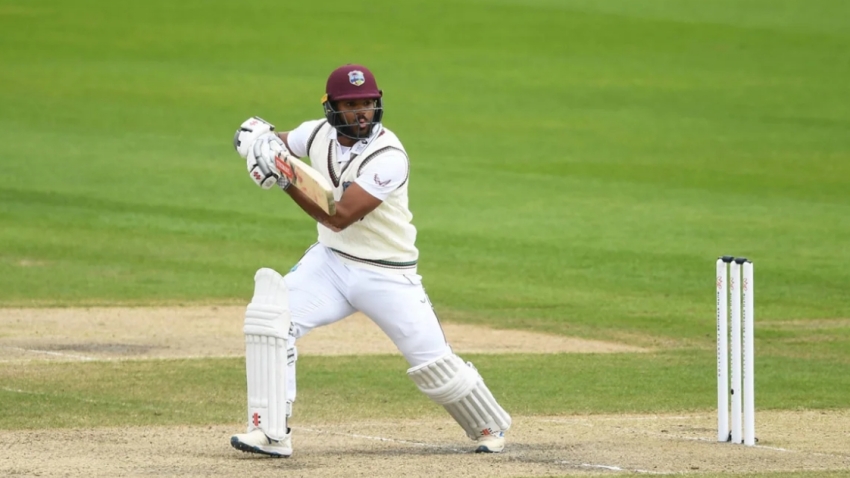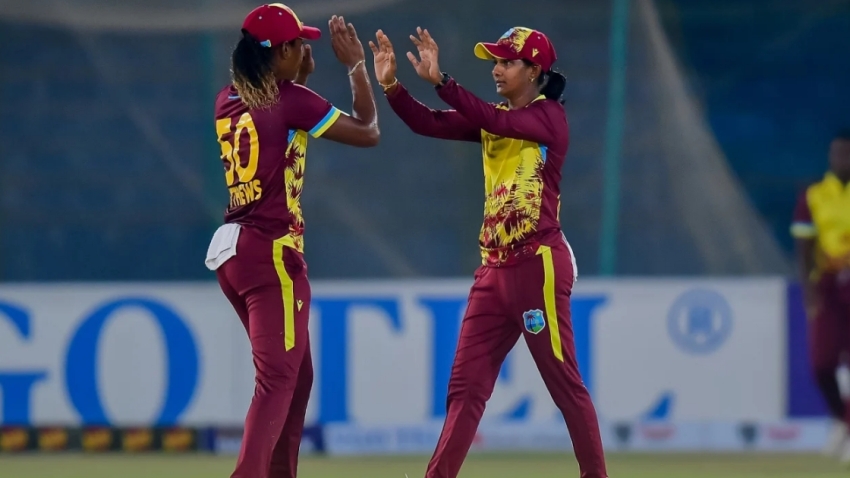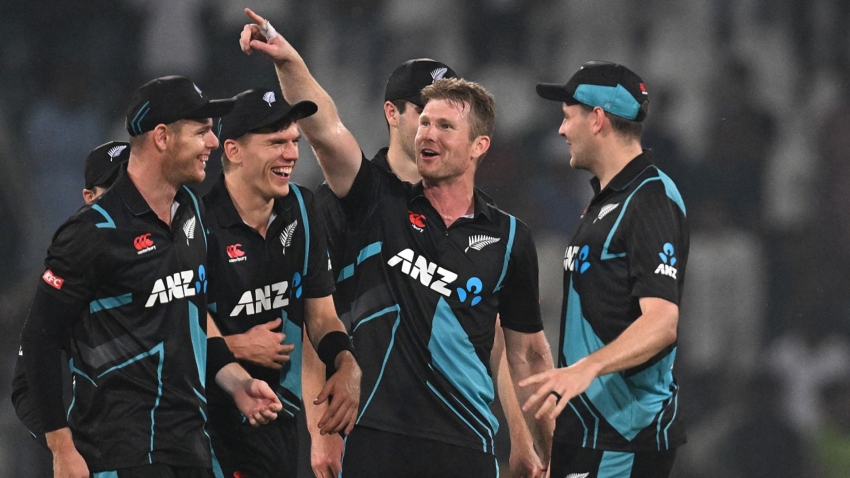England continued on the path towards one of their worst ever World Cup campaigns with a humbling 229-run defeat to South Africa on Saturday.
As well as being England’s heaviest one-day international defeat by runs, it was their third in four games at this year’s tournament – one away from equalling an unwanted record.
They lost four out of six games in both 1996 and 2015 and here, the PA news agency looks at how the current tournament compares.
1996
England lost their opening game to New Zealand by 11 runs, but wins over group minnows the United Arab Emirates and the Netherlands essentially ensured their quarter-final place, in a format which lent itself to the big teams progressing comfortably.
They rounded out the group stage with defeats to South Africa, by 78 runs, and Pakistan by seven wickets, leaving them fourth and facing Group A surprise package Sri Lanka, who won the quarter-final by five wickets with almost 10 overs to spare on their way to the title – Sanath Jayasuriya hit 82 off 44 balls.
A bowling attack led by Darren Gough and Peter Martin, and with spinner Richard Illingworth sharing the new ball against Sri Lanka, struggled in the tournament and took their wickets at an average of 33 runs, which would remain England’s worst at a World Cup until 2011.
Only four England batters passed 100 runs, including captain Michael Atherton who averaged 19.83.
2015
A 15-run defeat to underdogs Bangladesh was the key moment as England exited the tournament in the group stage for only the third time, following 1999 and 2003.
England were also heavily beaten by Pool A’s fancied teams, by 111 runs against Australia and eight and nine wickets respectively against New Zealand and Sri Lanka, with their only wins coming against Scotland and Afghanistan.
Their average of 29.49 runs for each wicket lost was their third-lowest at a World Cup, beating only 1979 (23.82) and 2003 (25.85), while a rate of 37.47 per wicket taken was their worst ever. Among bowlers who played at least three games, only Steven Finn (25.00) averaged under 45.
2023
England are on track for worse averages with bat and ball than in that dismal 2015 campaign, currently averaging 27.13 runs per wicket lost and a barely believable 42.61 with the ball.
Dawid Malan’s beautiful century against Bangladesh is a lone hand so far – Mark Wood remarkably leads the batting averages, with 80 runs in 58 balls for one dismissal, but has taken three wickets at 70. Reece Topley, who leads the bowling averages with eight wickets at 22.87, will not play again at the tournament due to a broken finger.
The 229-run margin against South Africa surpassed by over 100 England’s previous heaviest World Cup loss batting second, a 122-run defeat to the same opposition in 1999. Australia last year inflicted England’s then-record ODI defeat, by 221 runs.
Similarly, the nine-wicket loss to New Zealand has been surpassed only once, Sri Lanka chasing down 230 without losing a wicket in 2011, and matched twice more – by South Africa in 2007 and Sri Lanka in 2015. The Black Caps had 82 balls remaining, exceeded only by the Proteas among those games and by only three England World Cup losses ever.
England’s only other four-loss World Cup came in 2007, when they played nine games in a tournament featuring a ‘Super Eight’ stage. They lost three in 1987, 1992, 2003, 2011 and on their way to the 2019 title.


